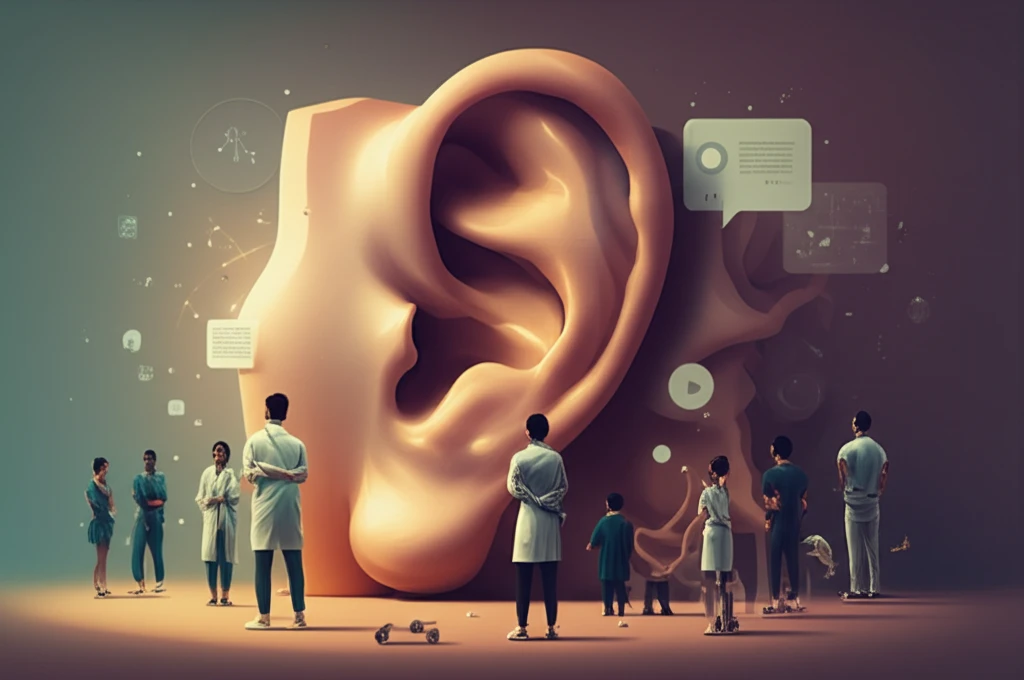
Navigating the Healthcare Maze: How to Find a Doctor Who Truly Listens
"A recent study highlights the impact of a doctor's experience on patient satisfaction. Learn how to choose a healthcare provider who values your concerns and provides the best possible care."
In today's fast-paced healthcare environment, it's easy to feel like just another number. Patients often find themselves rushed through appointments, their concerns glossed over, and their voices unheard. The consequences of this disconnect can be significant, leading to dissatisfaction, distrust, and potentially compromised health outcomes.
A groundbreaking study published in JAMA Ophthalmology sheds light on a fascinating correlation: the relationship between a physician's age and the likelihood of patient complaints. While experience is often valued, the research suggests that older ophthalmologists may, in some cases, be more prone to receiving unsolicited complaints from patients.
This doesn't mean that all seasoned doctors are bad listeners, but it does highlight the importance of finding a healthcare provider who genuinely values your input and takes the time to understand your unique needs. This article will delve into the study's findings and provide actionable strategies for navigating the healthcare system and finding a doctor who truly listens.
The Experience Paradox: Unpacking the Study's Findings

The original study, titled "Association Between Ophthalmologist Age and Unsolicited Patient Complaints," explored the connection between a doctor's age and the frequency of patient grievances. The researchers discovered that older ophthalmologists were, in some instances, more likely to receive complaints. This counterintuitive finding challenges the assumption that experience automatically equates to better patient care.
- Communication Styles: Older doctors might have communication styles that don't align with modern patient expectations.
- Technology Adoption: Resistance to new technologies could lead to inefficiencies and patient dissatisfaction.
- Empathy Fatigue: Years of practice might lead to emotional burnout, affecting empathy levels.
Empowering Yourself: Taking Control of Your Healthcare Journey
Finding a doctor who listens is an essential step toward receiving quality healthcare. By understanding the potential impact of a physician's experience and prioritizing effective communication, you can take control of your healthcare journey and ensure that your voice is heard. Remember, a good doctor-patient relationship is a partnership built on mutual respect, trust, and open communication. By actively participating in your care, asking questions, and seeking out providers who value your input, you can pave the way for a healthier and more fulfilling healthcare experience.
